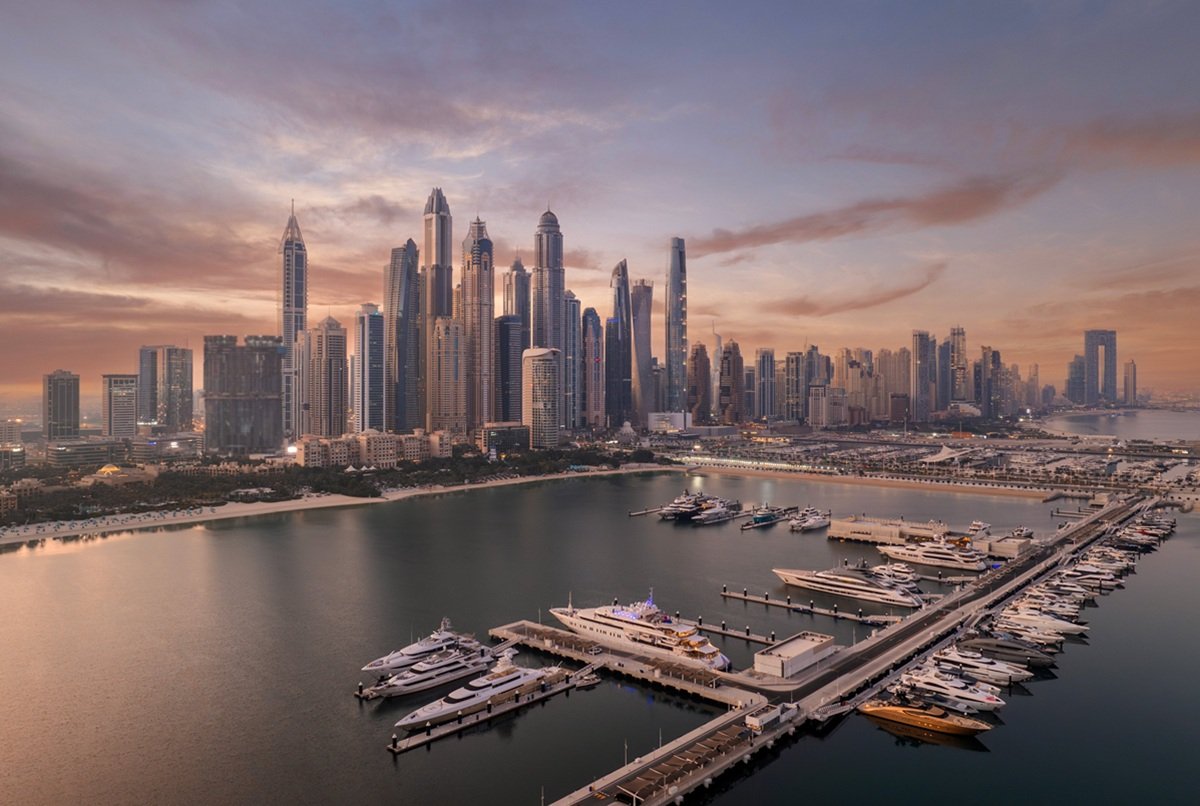
Dubai real estate transactions recorded $5.2 billion in just one week, highlighting the city’s booming property sector. Among these high-value deals was the headline-grabbing sale of a luxury Palm Jumeirah apartment worth $22 million, further proving that Dubai continues to attract wealthy buyers from around the world.
This surge in activity showcases not only the strength of Dubai’s property market but also the growing investor confidence in the emirate’s economy. From premium waterfront apartments to affordable housing units, the variety of sales reflects Dubai’s diverse real estate landscape.
In this article, we will explore the details behind these massive Dubai real estate transactions, what they mean for buyers and investors, and how the city is positioning itself as one of the world’s leading real estate destinations.
According to official data, Dubai real estate transactions during the week crossed AED 19 billion, equivalent to about $5.2 billion. This included sales of luxury apartments, villas, land plots, and commercial spaces.
The standout transaction was the Palm Jumeirah apartment sold for $22 million, setting a new benchmark in luxury property pricing. Other deals involved prime locations such as Downtown Dubai, Dubai Marina, and Business Bay.
Industry experts note that the demand is not limited to high-end properties. Mid-range housing and townhouses also attracted significant attention, reflecting the city’s appeal across different buyer segments.
There are several reasons why Dubai’s property market continues to post such impressive figures:
These factors combined make Dubai real estate transactions not just frequent but also increasingly valuable.

Palm Jumeirah is already known as one of the most prestigious addresses in Dubai. The $22 million apartment sale has pushed it further into the spotlight.
This single transaction demonstrates the willingness of ultra-high-net-worth individuals to invest in Dubai’s luxury property sector.
Dubai real estate transactions are now competing with property deals in cities such as London, New York, and Hong Kong.
In contrast, Dubai offers stability, investor-friendly laws, and competitive pricing. A luxury waterfront property in Dubai is often more affordable than its equivalent in London or New York, yet delivers higher rental yields.
Foreign investors play a major role in shaping Dubai’s property sector. Recent trends show a growing interest from:
This diversity of investors ensures that Dubai real estate transactions remain steady and less dependent on one region or market.
While Palm Jumeirah continues to dominate headlines, other areas are also seeing rising demand.
These areas, along with ongoing mega projects, ensure that Dubai real estate transactions will remain strong in the coming years.
One of the reasons Dubai has become a global real estate powerhouse is its supportive regulatory environment.
Such measures not only attract foreign investors but also build long-term confidence in the sector.
The $5.2 billion worth of weekly property deals goes beyond real estate-it contributes significantly to Dubai’s overall economy.
Dubai real estate transactions, therefore, act as a pillar of economic growth for the emirate.
While the numbers are impressive, experts also caution about potential risks.
However, Dubai has shown resilience in past downturns, and government regulations aim to keep the market balanced.
For those considering entering the Dubai property market, the recent $5.2 billion week of Dubai real estate transactions offers valuable insights:
Investors should carefully evaluate locations, property types, and rental potential before making decisions, but the outlook remains positive.
Looking ahead, analysts predict that Dubai real estate transactions will continue to grow, supported by:
The combination of luxury appeal, affordability compared to other global cities, and investor-friendly policies positions Dubai as a long-term real estate success story.
Dubai real estate transactions crossing $5.2 billion in just one week is a clear signal of the market’s strength and resilience. The $22 million Palm Jumeirah apartment deal stands as a symbol of Dubai’s luxury appeal, but the broader trend also includes growing activity in mid-range housing and new communities.
With its unique blend of lifestyle, business opportunities, and investor advantages, Dubai has cemented itself as a top global property hub. For buyers, sellers, and investors, the message is clear-Dubai real estate is thriving, and the future looks even brighter.
Do follow us: Instagram
Read More: Dubai Property Market Update: Price Trends Across Prime City Locations
